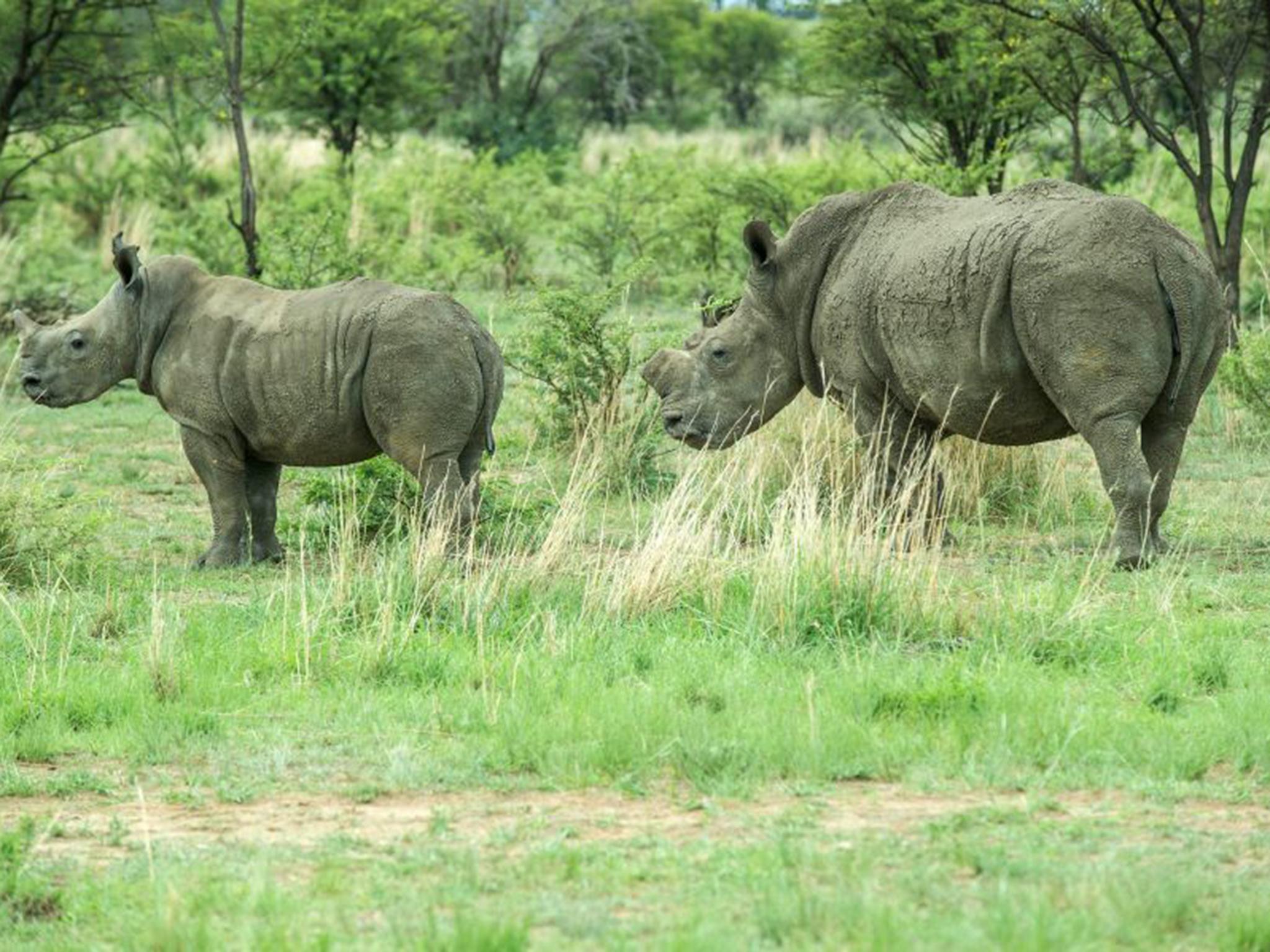Trophy hunting Q&A: How can killing animals help protect them? Why has Prince William been criticised?
The duke faced a backlash for describing the practice as 'a justifiable means of conserving species under serious threat'

Last week, in an ITV interview intended to promote new measures to halt the illegal trafficking of wildlife goods, Prince William surprised many by coming out in defence of trophy hunting.
The duke was criticised for describing the practice as “a justifiable means of conserving species that are under serious threat” – but is it really such an unreasonable view?
What exactly is trophy hunting?
A legal form of wildlife hunting in which “sportsmen” pay large sums of money for the right to kill animals and take home a trophy. If you’re willing to pay, and provided you abide by strict permit conditions and quotas, pretty much all African animals can be legally hunted in such a way.
How can killing animals help protect them?
Though counterintuitive, the view that legal trophy hunting has a role to play in the conservation of wildlife has many adherents. As long as people are willing to pay big money to kill animals, the thinking goes, the private sector has a strong motivation to make sure at least some of them remain alive. And as hunters are willing to travel to challenging and remote places, the industry provides conservation incentives and revenue streams to communities well beyond the tourism trail.
How can we be sure money from legal hunts goes into conservation?
This is what the Convention on International Trade in Endangered Species (Cites) stipulates and it’s unquestionable that money from trophy hunting has made a positive impact in many areas. However, detractors warn that by-products of legal trophy hunting – animal bone, skins, teeth etc – often enter the black market, which in turn fuels demand for illegal poaching. Some have argued that, because of corruption, only about 5 per cent of trophy fees go back into conservation.
Is there an example of where trophy hunting has made a positive impact on conservation efforts?
Many who share William’s perspective point to Namibia, where money from trophy hunting funds community-based conservances that otherwise lack tourism potential. These conservances, which cover almost 20 per cent of Namibia, have been instrumental in the country’s stunning conservation successes. Limited black rhino hunting in both Namibia and South Africa started in 2004; since then, numbers have increased by more than half, though this can’t all be put down to hunting. As many as five black rhinos can be hunted legally in Namibia a year, with the money going into a trust fund that supports conservation.
And what about moral objections?
Some would argue that the killing of “charismatic” animals such as lions, elephants and rhinos – or any animals – for pleasure is wrong. This was the basis of much of the anger directed toward Walter Palmer, the dentist who killed Cecil the lion last summer.
So was the killing of Cecil the lion legal?
Palmer claimed to have the right permits and reportedly paid $55,000 to kill Cecil. However, the killing of Cecil was initially declared illegal because the lion was lured outside of the Hwange National Park before he was killed. It was also collared, and the subject of a long-term research project by scientists at the University of Oxford. Months later, however, the Zimbabwean authorities reversed their position and announced the slaying was, in fact, legal, as “all the papers were in order.”
Why has Prince William been so heavily criticised?
This is less about what was said than who said it. As a lover of blood sports, William can hardly be considered an impartial judge. The timing and context of the comments – he made them in an interview promoting new anti-poaching measures – also raised eyebrows. Some were reminded of a 2014 slip-up in which he launched a wildlife appeal days after hunting boar in Spain. A rich white man defending the right of other rich white men to kill wild animals in the developing world was always going to be a hard sell, however reasonable the argument.
Join our commenting forum
Join thought-provoking conversations, follow other Independent readers and see their replies
Comments
Bookmark popover
Removed from bookmarks